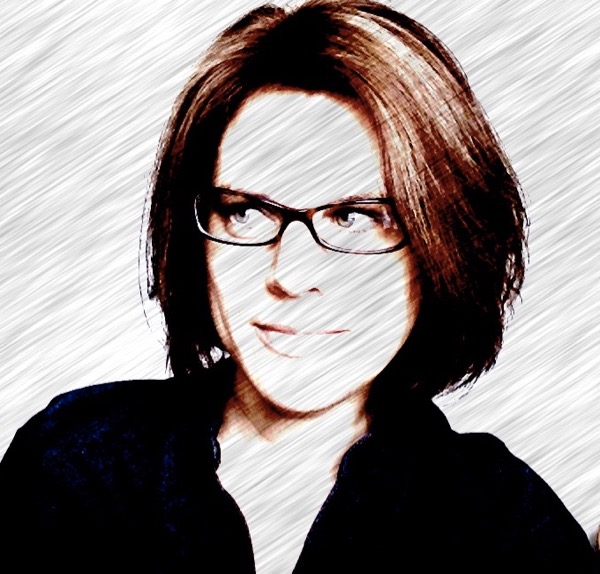
It turns out some of the first and most fervent adopters of ebooks still read more digital books than any anyone else.
Those readers are fans of the romance genre, and in this week’s Kindle Chronicles interview I gained new appreciation and respect for romance by talking with Jessica Tripler, who covers romance novels and other topics as a Book Riot contributor.
Tripler reads four to six romances a month, along with two or three novels in other genres. Married and the mother of two boys, she is a professor of philosophy at a university in Maine, as well as a clinical ethicist.
Romance is a $1 billion industry that accounts for more than 262 million titles sold each year in the U.S., Tripler told me. She described the genre as domestic novels that can be “very insightful when it comes to human psychology, in particular the psychology of desire, of love, of human relationships, of ethics.”
“I would stand romance writing against any other genres,” Tripler said. “Like other genres, you can have a terrific example of the genre and a terrible one. That goes for literary fiction—some literary fiction is just a real failure.”
What you won’t find in romance novels, according to a definition Tripler shared from Romance Writers of America, are pessimistic and emotionally unsatisfying endings. In a romance, you will root for the hero and heroine (or hero and hero, or heroine and heroine), whose love relationship will be central to the plot, which ends on an optimistic and emotionally satisfying note, she said.
Eighty-nine percent of all romance sales are digital, Data Guy of AuthorEarnings reported at the Romance Writers of America annual meeting last month. Tripler on August 11 wrote a BookRiot post suggesting the reasons for that dominance of the genre by e-books.
Among the factors she listed, the desire for privacy is important for some romance readers, Tripler wrote, but in the podcast interview she said that is not a big concern for seasoned romance fans.
“Maybe for the person that picks up one romance a year in an airport,” she suggested, “but most people who read it regularly don’t really care who sees them reading it.”
That’s not to say that privacy concerns don’t ever lead to a preference for digital reading, Tripler said, especially for edgy, more erotic romances which can be inappropriate for children or invite unwanted attention in public.
Other factors in the lives of busy, multi-tasking women, Tripler said, are price, portability, convenience, and the ability to hold so many books on an e-reader at once.
“One piece that gets under-emphasized in these discussions,” she added, “is that women who adopted digital reading early on were tech savvy. They were online. They were participating in discussion groups and felt very comfortable with that technology. And they had money.”
“Romance readers do quite well in terms of income and education, and they often tend to be partnered up, which usually helps with income,” Tripler said, “so they had the tech savvy and the money to go ahead and buy the Kindle or at least know how to get digital books onto their laptop.”
Of the 75 million Americans who read at least one romance novel a year, 16 percent or 12 million are men, Tripler said. As preparation for the interview, I asked her to recommend a romance novel that I might enjoy reading.
On her suggestion, my wife and I listened to the Audible version of Julie James’s Practice Makes Perfect, a hilarious and tightly plotted legal romance set at a big firm in Chicago. We both loved it.
Other contemporary romance writers that Tripler recommended are Nora Roberts, Courtney Milan, Molly O’Keefe, Beverly Jenkins, and Farrah Rochon.
As a philosopher and clinical ethicist, Tripler reads romances from a particular point of view.
“Looking at it from my professional background,” she told me, “there are always interesting questions about what is the good life, how do I move forward in an ethical way, what do we owe to each other, what does it mean to be vulnerable, dependence and independence—these are all ethical questions that have been interesting to me in my work, and they play out in very interesting ways in the genre.”
I like to think I went into this interview with an open mind regarding books of all genres, but I’m here to say that Jessica Tripler significantly expanded my understanding of why so many millions of readers, men and women, love a good romance—especially on an e-book.
Read more at Teleread

No comments:
Post a Comment